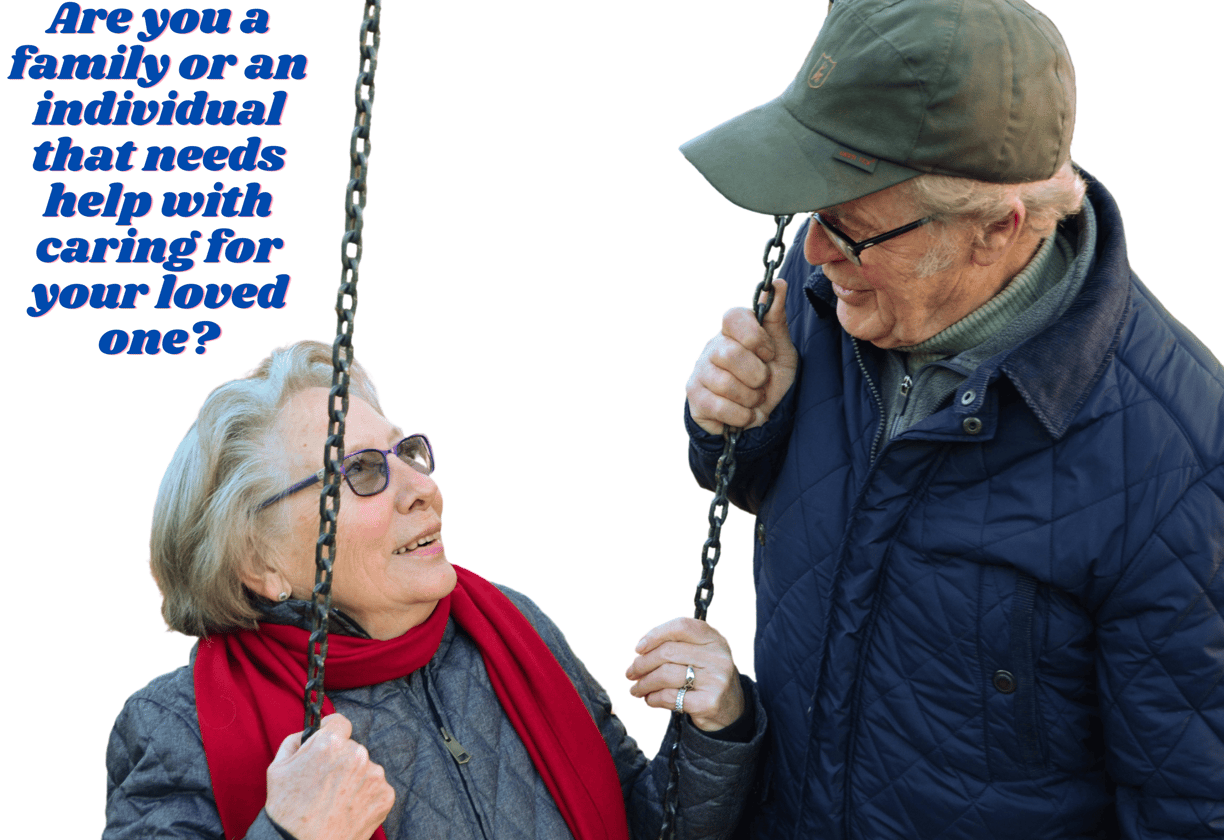The Importance of Involving Carers in Caring for Family Members
3/18/20242 min read


The Importance of Involving Carers in Caring for sick Family Members
Caring for a sick or vulnerable family member is a responsibility that often falls on the shoulders of one individual. While this can be a challenging and demanding task, it is crucial to recognize the need for involving carers in providing care and support. In this article, we will explore the benefits that carers bring to the family member who is caring for their sick or vulnerable loved one.
1. Emotional Support and Companionship
One of the primary benefits of involving carers in the care-giving process is the emotional support and companionship they provide. Caring for a family member can be emotionally draining, and having someone to share the burden with can make a significant difference. Carers offer a listening ear, a shoulder to lean on, and a source of comfort during challenging times. Their presence helps alleviate feelings of isolation and provides the family member with much-needed emotional support.
2. Respite and Time for Self-Care
Another crucial aspect of involving carers is the opportunity for the family member to take a break and engage in self-care activities. Caring for a sick or vulnerable loved one can be a full-time job, leaving little time for personal needs and well-being. Carers can step in and provide respite care, allowing the family member to have some time to rest, recharge, and attend to their own physical and mental health. This time for self-care is essential for preventing burnout and maintaining a healthy balance in the caregiver's life.
3. Expertise and Professional Assistance
Carers often bring with them a wealth of expertise and professional assistance that can greatly benefit the family member providing care. They are trained to handle various aspects of caregiving, such as medication management, medical procedures, and specialized care techniques. Their knowledge and experience can help alleviate the family member's stress and ensure that the sick or vulnerable individual receives the best possible care. Carers can also provide valuable advice and guidance on navigating the healthcare system and accessing additional support services.
In conclusion, involving carers in caring for a family member is of utmost importance. They offer emotional support, companionship, respite care, and professional expertise, all of which significantly benefit the family member providing care. Recognizing the need for carers and actively involving them in the care-giving process can help create a supportive and sustainable environment for both the caregiver and the person in need of care. It is essential to prioritize the well-being of all individuals involved and seek help when needed to ensure the best possible care for the sick or vulnerable family member.
Find us at
First Floor, 101 Victoria Road Romford London RM1 2LX
Working Hours
Monday - Friday: 10:00 AM - 5:00 PM
Saturday: 12:00 AM - 5:00 PM
Sunday: Closed
Emergency: Out Of Hours cover available
